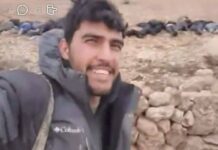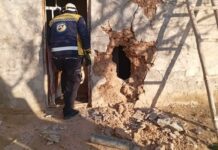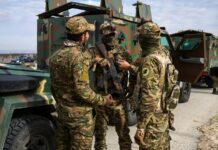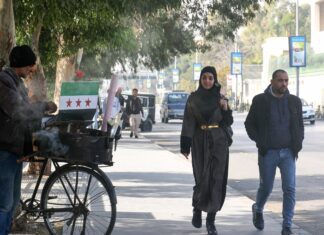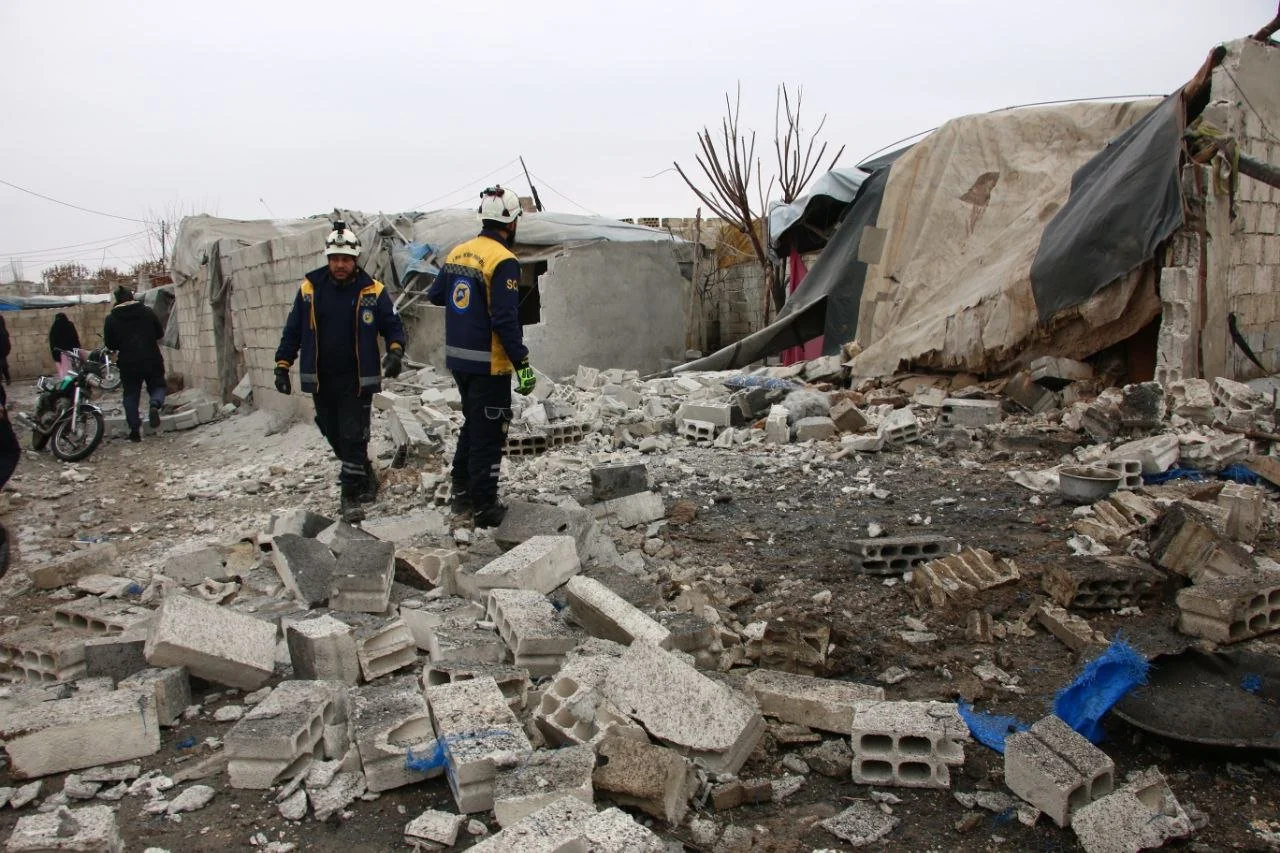
The Kurdish-led Syrian Democratic Forces (SDF), which maintain ties with the Kurdistan Workers’ Party (PKK), continue to pose a significant threat to Syrian unity and regional stability. Despite calls for dialogue and reconciliation from Kurdish leaders and international actors, the SDF’s actions on the ground have exacerbated tensions and further alienated local communities.
Barzani Calls for Dialogue and Unity
President of the Kurdistan Region of Iraq, Masoud Barzani, has urged Syrian Kurds to engage in dialogue with the new Syrian administration, emphasizing that “federalism is the best solution in Syria.” Speaking to Shams TV from Erbil, Barzani highlighted the necessity of unity among Syrian Kurds and constructive discussions with Damascus to secure their rights within Syria’s framework.
Barzani stressed that Syrian Kurds do not seek secession but instead desire their long-denied rights within Syria. He also warned against external influences on Kurdish demands and called for a Kurdish position independent of the PKK, which he described as a burden and a pretext for Turkish intervention.
SDF’s Actions Undermine Regional Security
While Barzani advocates for peaceful dialogue, recent actions by the SDF indicate a continued reliance on force and coercion. The SDF has been accused of exploiting local communities through forced financial contributions and aggressive military operations.
Local sources reported that the SDF imposed forced financial donations on merchants in Raqqa under the guise of supporting the city’s protection. Residents expressed outrage over these practices, with some shop owners facing arbitrary confiscation of their goods after refusing to comply.
Moreover, armed clashes between SDF forces and local families have erupted in response to SDF’s ongoing arrest campaigns targeting young men in the city.
Escalation in Manbij: Civilian Casualties and Rising Tensions
The SDF’s military actions have also intensified in Manbij, leading to civilian casualties and raising concerns over the group’s use of force. On Saturday morning, SDF shelling on the village of Qalaat Najm in the countryside of Manbij resulted in the death of a child and the injury of a young girl, who was transported to a nearby hospital.
This incident follows a deadly attack just days earlier, in which two girls were killed and seven civilians were injured by SDF shelling in the village of Tal Arsh. Civil Defense sources indicated that initial evidence suggests the use of internationally prohibited incendiary weapons during the attack.
Additionally, a car bomb explosion near a school opposite the National Hospital on the Manbij-Aleppo road last Thursday caused further damage and injuries. Another recent explosion in the village of Kabarja injured three civilians, fueling fears of instability in the region.
Political Solutions and Future Prospects
The commander of the SDF, Mazloum Abdi, recently stated that the group supports the United Nations’ efforts to achieve a successful political transition in Syria. However, the SDF’s actions on the ground contradict these claims and have contributed to further instability in the region.
Abdi emphasized the need for a representative government and a fair constitution that ensures the rights of all Syrians, but continued military actions against civilians undermine these objectives.
Meanwhile, the Syrian National Army (SNA) announced on December 10, 2024, that it had taken full control of Manbij as part of its military operation “Dawn of Freedom,” which aims to reclaim territories previously held by the SDF.
Moving Forward: Addressing the SDF Challenge
The continued presence of the PKK within the SDF remains a key challenge for efforts to stabilize northern Syria. Barzani’s calls for dialogue and unity among Syrian Kurds provide a potential path forward, but achieving peace and stability will require the removal of foreign influences and a commitment to national reconciliation.
As tensions persist, the international community faces a critical task in facilitating genuine dialogue while addressing ongoing human rights concerns stemming from the SDF’s actions on the ground.

